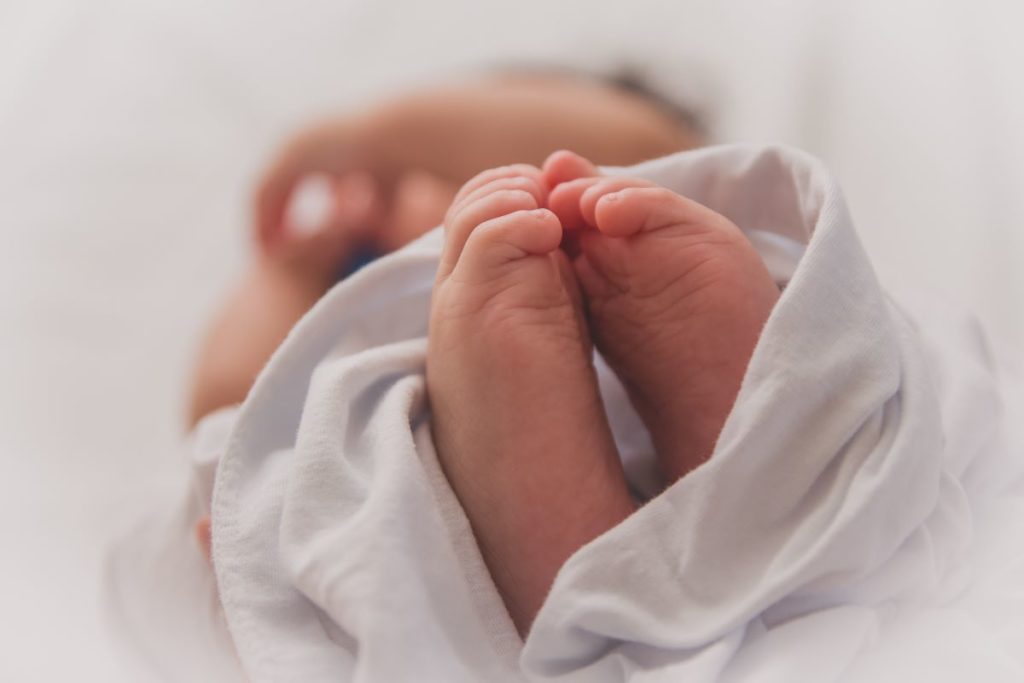Your body, your rules. And there will come a time when you will have to decide whether you want to give birth to a child or not. If you choose the former, there’s nothing to feel guilty about. Whatever your reason is, whether it’s career-related or out of personal fears, it is valid and must be respected by everyone around you. Now, if you choose the latter, buckle up for you’re in for a wild ride. It will be exciting, but a tough one for sure. In the end, your reward will be giving birth to another human being whom you have the power to shape into a person that could be a catalyst for positive change in this grief-stricken world.
No, that’s not a tall order. It’s something you can pull off. But let’s not get ahead of ourselves. First, let’s discuss the often swept-under-the-rug consequences of childbirth that deserve to factor more into conversations about the subject. That’s so you know exactly what you’re getting yourself into. And once you’re on the other side of your pregnancy journey, you’ll know you’re not alone and what you’re going through is perfectly normal.
Your genitals might not look like they did before
If you get a C-section, this won’t be a problem. However, if you give birth naturally, this is inevitable. You might not want to look down there. Doing so could dampen your self-esteem. But, for what it’s worth, your problem can be remedied. There are vaginal rejuvenation treatments you can look into.
Postpartum syndrome
Giving birth to a baby triggers powerful emotions. There’s overwhelming joy and excitement, for example. On the other end of the spectrum, there’s the possibility of depression. That’s what experts call postpartum syndrome.
The symptoms mirror that of typical depression. You may experience mood swings, insomnia, crying spells, and anxiety. Mild manifestations last up to two weeks, starting as soon as the second day after giving birth. More severe cases can last up to a year and include more distressing symptoms such as withdrawal and inability/refusal to bond with the baby. If you suspect you’re going through postpartum depression, do not hesitate to ask for help. You are not alone, and you don’t have to be.

Post-traumatic stress disorder
Pregnancy is a challenging journey. There are highs, for sure. But the lows can get really low. And after nine months of carrying a human inside your body, you pop it out via a stressful process called birthing. If the medical professionals who handle your childbirth do not give you the compassion and care you need throughout the process, you might develop post-traumatic stress disorder (PTSD).
You must choose where to give birth wisely. And whom to entrust the experience.
Nursing aversion
This is another post-pregnancy condition that does not get the highlight it deserves. All women are expected to naturally warm up to the idea of feeding a baby via their breasts. However, in reality, nursing aversion affects many new moms who are otherwise completely enamored with their newborns.
This condition manifests in a mother’s often overwhelming anger or agitation toward the idea of breastfeeding. It can have physical manifestations, too, such as skin-crawling as soon as latching happens. If you experience this problem, talk to a professional for advice and medical support. Talk therapy might also help.
The challenge of shedding off pregnancy weight
Perhaps you were quite active before pregnancy. You were fit and fab. But as soon as your tummy started to swell, you had to give up intense exercise that kept your physique on-point for a long time. After childbirth, you might find it difficult to lose those excess pounds you gained over the past nine months.
Do not take it against yourself. It can be frustrating, but you must take it by the day. Soon you’ll have enough time and energy to again pursue your chosen fitness regimen. By then, you’re sure to shed off that surplus weight.
Although the word consequences has a negative ring to it, this piece is not meant to scare you into denouncing childbearing and childbirth. It just happens that it’s the most accurate word to use in this context. After all, the list above contains conditions that are a direct “consequence” of giving birth.
Keep in mind that those are all manageable. With a sufficient support system, you can rise to those challenges. Plus, your baby will be too cute to not make you happy and satisfied. At least once the dust settles.

